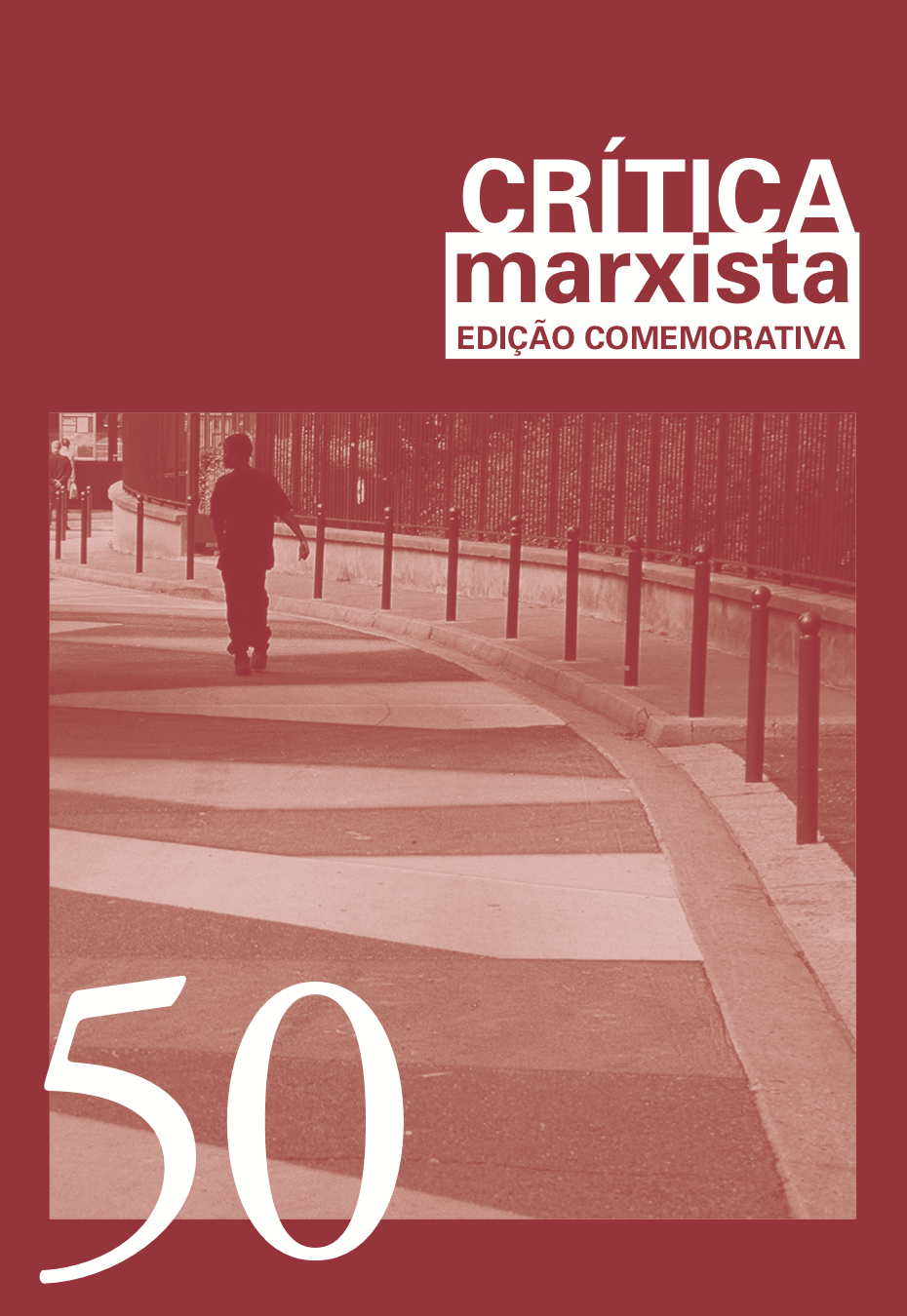Abstract
In the three Brazilian cycles of accelerated modernization described by Luiz Renato Martins from the field of visual arts, the reader has before him a path whose practical and conceptual roots it would be interesting to remember, albeit briefly. The author bases his research on the historical-social development of the arts on the concept of Formation, as redefined by the sociologist and literary critic, Antonio Candido. As we know, such a notion (descriptive and normative) was produced in the context of collective aspirations for national construction, according to the ideal of an integrated society (at that time corresponding to the appearance of European societies). Its consistency was established, between the years 1930 and 1950, in a set of essays by Sérgio B. de Holanda, Caio Prado Jr. and linked to a developmental project for countries called “underdeveloped” by Celso Furtado. In the field of thought, Formation meant a series of analyzes of Brazilian problems, their specificities within the world order, a critical accumulation that aimed at the Formation of the country, according to civil standards of sociability and modes of economic development. Only for the most radical authors of this tradition, such as Caio Prado Jr, did this mean socialism.
References
PACHECO, Ana Paula. The Long Roots of Formalism in Brazil. Crítica Marxista, Campinas, SP, v. 27, n. 50, p. 297–300, 2020. https://doi.org/10.53000/cma.v27i50.19015

This work is licensed under a Creative Commons Attribution 4.0 International License.
Copyright (c) 2020 Ana Paula Pacheco
